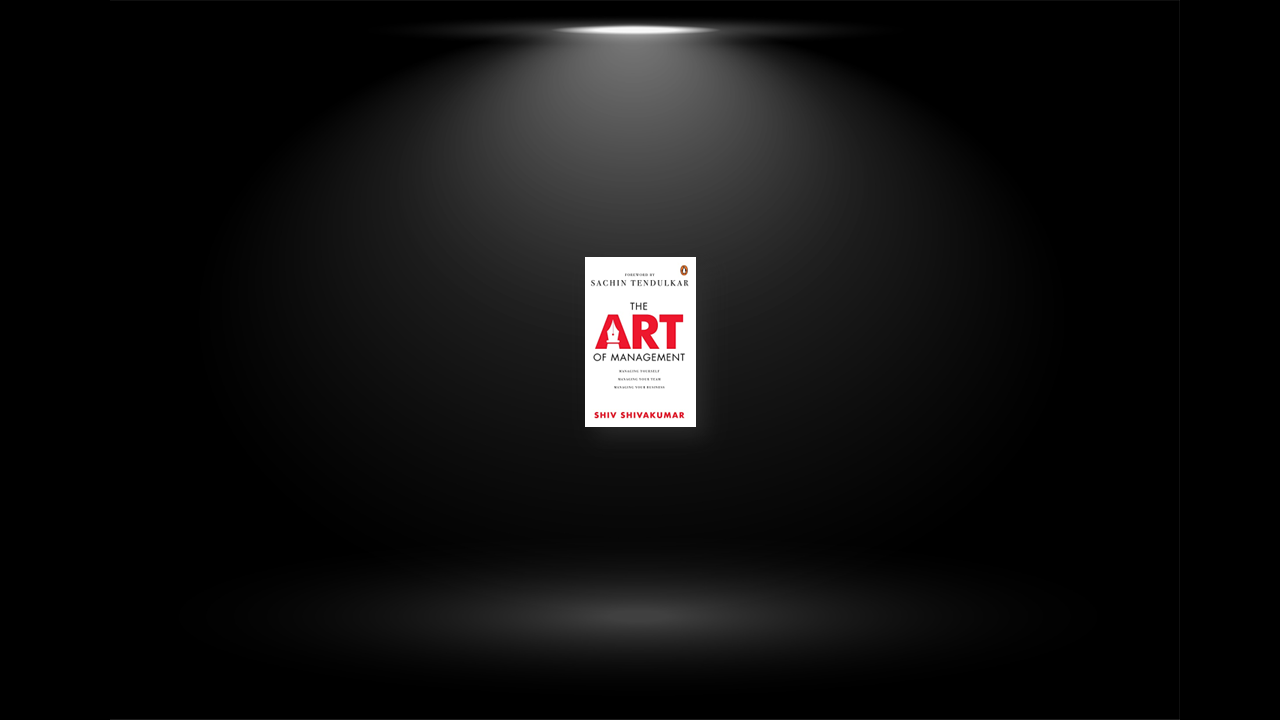Life needs some skill sets.
The first is time management.
Time management is a top capability you need in managing yourself. Half the impression you create as a professional comes from the way you manage time and manage deadlines.
People who manage time well never seem stretched for time and never offer the excuse of being busy. They seem to have the time for many things. When one is a poor time manager, one has to compensate for that with good social skills, so that people are not upset with or angry at you. Poor time management shows an inability to empathize with the other person’s priorities.
The second is emotions and insecurities.
Managing emotions is important. People in the corridor normally ask about the boss’s mood because of the fluctuating emotions that the boss displays in a day. People want to catch the boss in a good mood as opposed to in a bad mood.
Managing insecurities will be big in the coming decade. FOMO (fear of missing out) is the new insecurity in town, especially among the Gen Z. A social media-driven world, rapid progress in some sectors and luck will combine to make you feel insecure vis-à-vis your peer group or the people you know. There is no antidote to insecurity.
Managers who are insecure of their subordinates’ talent or of other people in the firm are growing. This hinders the building of friendships at the workplace, and leads to politics and stress. Even if you are confident, you need to manage the insecurities of your peer group or even of your boss. How subtly you handle that will determine your continued success.
The third is ambition.
Everyone is ambitious—some are so in a more in-your-face way than the others. Ambition is good, as it propels progress and raises the bar. But when ambition becomes purely self-centred, the person and the organization are in trouble
The fourth is relationships.
Managing your relationship with the organization is important, as it determines how people perceive you as an organization man/woman or as a bystander. The relationship between you and the organization should be one of pride, else you should not be working in that organization. This is much like the pride a soldier has in working to protect the country. If there is no sense of pride, then it will show in many slippages at work and also in your communication. Whatever you do, do not run down your organization at any external forum.
Teams will be different this decade. Managing a team is going to be very different over the next decade, with hybrid working, etc. A good leader needs to be fair in judging the contribution of his team members. A good leader will not create an inner circle of people who come physically to work and an outer circle of those working in a hybrid manner.
Judging a team member on the basis of their impact and contribution will become more important. Leaders will need to communicate significantly better in a digital world.
Managing a business is never easy, and it will get more difficult in the coming years. Managing a business in tough and turbulent times will be a challenge. Because of digital business models, value in every industry will be destroyed in the short run, before it turns positive over time. India has 1.8 million companies registered with the Ministry of Corporate Affairs. In 2019, 30 per cent of these companies, or 6,80,000 companies, closed down, either because of poor performance or because of non-compliance with regulatory filings.
A leader needs to rethink the capabilities needed for business competitiveness and also pivot the company to a digital model—be it omnichannel or a new digital business model. This is a challenge for leaders who come from a physical world as opposed to the digital natives in the organization.
Managing Yourself
The key to managing yourself is D E F: Discipline, Energy and Focus.
The world is changing quickly and no degree from the past will see you through. Concepts have shorter shelf life and many are just fads. Reskill every year, you will need it. Giving back as a teacher in every discipline is important to develop the craft.
Being the absolute best in your chosen field is a worthwhile ambition to have. Ambition fuels progress and sets new benchmarks; personal ambition on its own is good only in a few cases. Peers, followed by bosses, will challenge you the most in life. Managing your peer group in any sphere is not easy. Seeking common ground with peers, holding your ground when needed for the institution and your team helps.
Managing time will give you a head start in life and keep you there. Being late at work is the top reason for dismissal in America! Time will be monetized this decade as the support system to deliver everything on time will develop—groceries, advise, medicines, construction.
Managing Your Team
The idea of leading a team is not to be the same with everyone. One needs to be fair as a team leader but treat each team member differently based on their needs. A good team is a combination of a good leader, good colleagues and commitment to the team cause. Good team leaders do not play one against the other; they urge the team to a new high.
Insecure and incompetent team leaders are the worst thing for a good team. This type of leader ends up destroying the team. A team leader’s energy will get sucked up by colleagues—the prima donnas at one end and people lacking in will at the other end. Both drain your energy in different ways. The most valuable resource a leader can give a team is his/her time. Make your time available and make it count.
Managing Your Business
The past will not repeat itself. Stop extrapolating the past and start exploring ideas to renew your institution. Technology will constantly reshape the world and will determine the heartbeat of an enterprise. Reskill the team to be tech savvy.
Institutional and individual reputation will matter and lead to better trust outcomes. Monitoring online reputation will be important. A slow company cannot be agile, just as an agile company can never be slow. Agility is a combination of learning, forgetting, insights, alignment and processes. Agility will be the new competitive advantage.
A future world will not see longevity of companies or loyalty of employees. The average age of companies will be under twenty and average tenure in a company will be about 2–3 years. Think of both as you plan your career and life.


